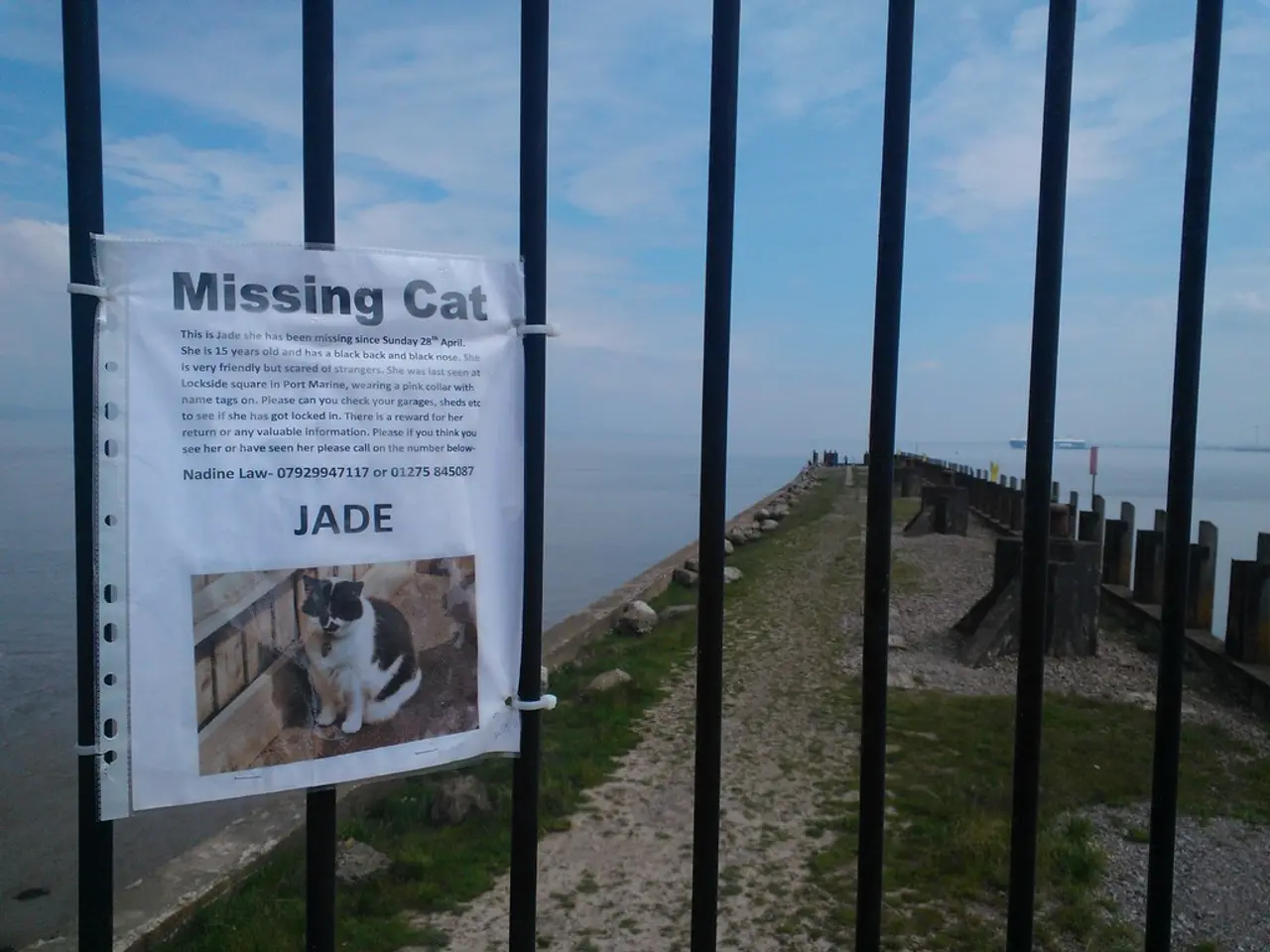Fossil fuel lending under scrutiny for Nordic banking institutions
In a surprising turn of events, some banks that are members of the Net-Zero Banking Alliance (NZBA) have been criticised for continuing to finance fossil fuel operations. Among these banks are Nordea, DNB, and SEB, which collectively account for 95% of the total loans granted to fossil fuel expanders in the Nordic region.
Nordea, a member of the NZBA Steering Group, has been under scrutiny for its involvement in oil exploration activities that threaten sensitive Arctic ecosystems. The bank has also lent more than $400 million to the coal industry and invested around $6 billion in fossil fuel companies planning to expand their production of oil, coal, and gas.
The NZBA, an umbrella body for UN-convened climate alliances, has revised its membership criteria, lowering the threshold for participation. However, this revised criteria could make it harder for investors to hold banks accountable for fossil fuel financing.
The banks' continued financing of fossil fuel operations can be attributed to several factors. One such factor is the incremental approach to net-zero, where banks like Nordea and DNB commit to net-zero goals by 2050 but have not adopted immediate exclusion policies for new fossil fuel projects or full phase-out plans aligned with a 1.5ºC warming limit.
Another factor is the complexity of sector exposures. Banks finance other high-emission sectors such as steel, petrochemicals, and aviation. Transitioning these while maintaining credit risk management may involve continued fossil-related financing in the near term to support a "just transition."
Critics also emphasise that these banks have not committed to fully transparent methodologies for disaggregating energy finance data or excluding "false solutions" (e.g., certain biofuels, carbon capture schemes), which can mask ongoing fossil finance under green labels.
Financial and fiduciary considerations also play a significant role. For institutions like DNB, managing pension fund investments and liabilities involves balancing sustainability goals with fiduciary duties to maintain financial returns, which can slow or complicate the immediate withdrawal from fossil fuels.
Reports from campaigns like BankTrack note that despite public commitments, trillions of dollars remain allocated to fossil companies by banks including DNB and Nordea, indicating a gap between net-zero membership and actual financing behaviours.
One controversial project that has come under scrutiny is the East African Crude Oil Pipeline (EACOP), which could force 100,000 people to leave their homes or farmland and destroy habitats for endangered species.
In order to address these concerns, NZBA members must cover all emission scopes, set interim 2030 targets, and commit to transparent reporting and accounting standards. Banks must also use science-based guidelines to achieve net-zero emissions.
The departures from the NZBA were primarily driven by US regulatory pressures and heightened reporting expectations for NZBA members may have also contributed to the departures. Japan's second-largest bank, Sumitomo Mitsui Financial Group, has also exited the NZBA.
In conclusion, while DNB, Nordea, and similar banks publicly support net-zero alliances, their continued fossil fuel financing results from phased transition strategies, sector complexity, incomplete policy implementation, and financial management considerations that have yet to fully exclude fossil fuel operations or halt funding for fossil fuel expansion. It is crucial for these banks to align their financing policies with the strict criteria that would require ending all fossil fuel finance and excluding new fossil fuel expansion projects to meet their net-zero commitments.
- The controversy surrounding Nordea's involvement in oil exploration activities, along with its funding of the coal industry and fossil fuel companies planning to expand, raises questions about its commitment to environmental science and addressing climate-change.
- The banking industry's progress towards net-zero emissions is complicated by factors such as the incremental approach to reaching these goals, the complexity of sector exposures, and financial management considerations that can slow or complicate the immediate withdrawal from fossil fuels.
- Critics argue that banks like Nordea and DNB, despite their membership in the Net-Zero Banking Alliance, have not fully addressed the concerns around their financing of fossil fuel operations, particularly in light of the ongoing funding of controversial projects and a lack of transparency in energy finance data.




